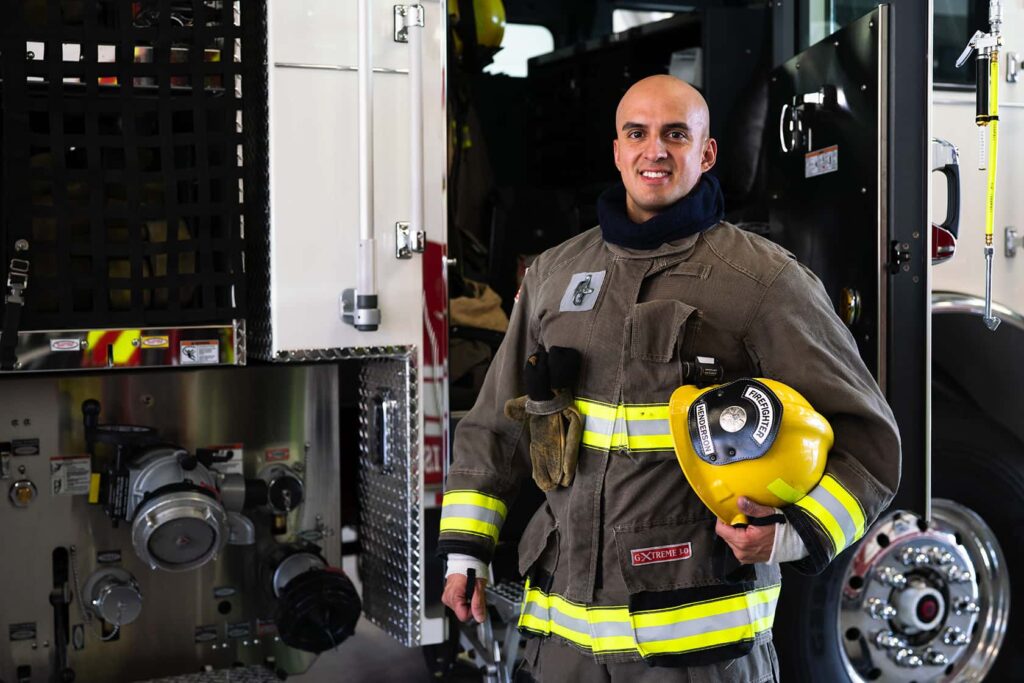Interview
 One interview technique to consider is called STAR. STAR stands for Situation, Task, Action and Result, and forces you to stick to a framework, while providing all of the most relevant information in your answer.
One interview technique to consider is called STAR. STAR stands for Situation, Task, Action and Result, and forces you to stick to a framework, while providing all of the most relevant information in your answer.
The STAR technique in practice
- S: Describe the situation and set the scene – Firstly, set the scene so that the interviewer can understand why your skills were needed in this situation.
- T: Explain the task you undertook in this situation – Next explain your task or role in this situation, and how your skills were put to the test.
- A: Describe the action you took – Now explain what action you took during this task, and how this action involved your skills.
- R: Showcase the results of the action – Next, talk about the outcomes of your action, and how your skills created a positive result.
Why the STAR technique works
By following the STAR technique giving answers to interview questions, you prevent yourself from going off topic. Adhering to this technique will also ensure that you structure your answer in a way that tells a story to the interviewer, keeping them interested.
Furthermore, the STAR technique encourages you to focus your mind on the question you have been asked and ensures each part of your answer is significant and informative. This makes for a much more satisfactory answer for the interviewer. Lastly, by practicing this technique and preparing a few scenarios prior to the interview, you will boost your own confidence, by reminding yourself of your unique skill set and all the successes you have achieved so far in your career.
Situational, competency-based and behavioral questions – how to tell them apart
To keep things really simple to start with, this table breaks down the three types of interview questions you’re likely to encounter and explains why they are asked. This is crucial to know, as you can then articulate your answers to address what your interviewer really wants to know about you, including what you’ve achieved and how you respond under pressure.
| Type of Interview Question | Why They Are Asked |
|---|---|
| Situational | To give you the opportunity to display your approach to a specific scenario and how you would handle it. The interviewer may ask for an example or demonstrate your previous approach to such a scenario. |
| Competency-based | To test if you have the attributes, knowledge and behaviors that would lead you to be successful in the job. |
| Behavioral | To assess you character – specifically how you have approached potentially challenging situations, in order to understand how you would do so again if you were hired. |
It’s important to bear in mind that not all interview questions you’re asked will fall into these distinct three categories. There is often some overlap in the way questions are asked, and therefore the way you should answer but the following examples will help you enter your next oral board or Chief’s selection interview with confidence, assured that you can answer the most common types of questions that will be directed your way.
1. Situational Job Interview Questions
Situational interview questions are based on specific scenarios that could conceivably await you in the new role. They seek to deter you from simply providing pre-packaged, generalized, scripted statements about your skills and experience, to focusing on a given hypothetical situation and how you would handle it.
Situational interview questions can be difficult to answer as you are required to think on the spot which is a skill the interviewer is testing you on. Answering these questions well can prove that you are willing to take the lead or ask for help, stay calm under pressure, and make positive choices that help you to overcome any situation you’ll be faced with in the job. Before answering a situational question, take a moment to fully understand what it is you’re being asked. For example, is the interviewer looking for evidence of your teamwork skills? Do they want to find out how you manage conflict?
2. Competency-based Job Interview Questions
Competency-based questions are used by interviewers to assess specific attributes, knowledge and behaviors. While these questions may often seem to be situational, competency-based questions are far less likely to be hypothetical, enable you to draw directly on real-life examples and be focused on specific competencies than a general approach to situations.
